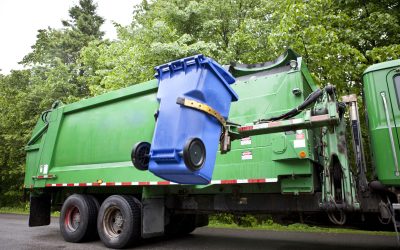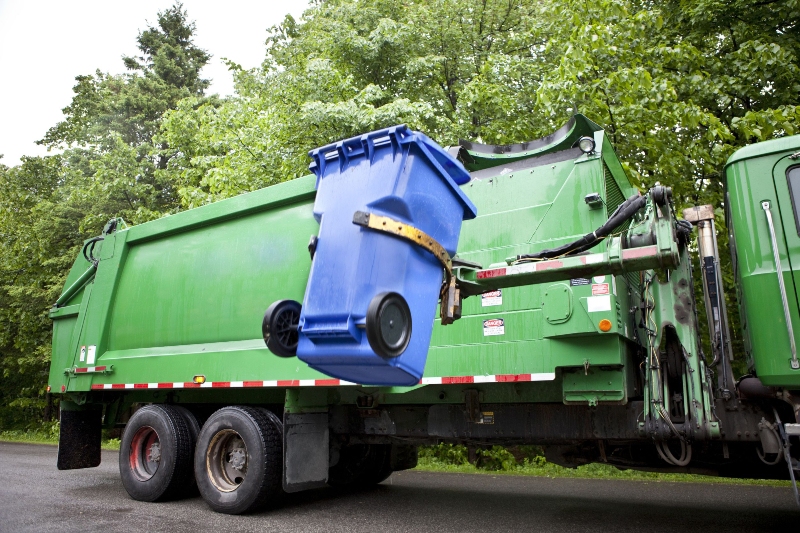A correctly implemented waste management plan is essential for businesses aiming to reduce waste generation, optimize resource utilization, and enhance their environmental performance. Here are some critical steps to follow when creating an efficient waste management plan.
- Waste Assessment: Conduct a thorough waste assessment to identify the types and quantities of waste your business generates. Categorize waste streams into recyclables, hazardous materials, organic waste, and non-recyclables to determine the appropriate disposal methods.
- Source Reduction: Implement source reduction measures to minimize waste generation at its source, including strategies such as product redesign, process optimization, and employee training to encourage waste reduction and recycling practices.
- Recycling and Reusing: Identify opportunities for recycling and reusing materials within your operations. Set up recycling bins or partnering with recycling facilities to ensure proper disposal of recyclable materials. Additionally, explore ways to incorporate recycled materials into your production processes.
- Waste Disposal: Develop a plan for proper waste disposal, considering local regulations and best practices. Ensure that hazardous waste is handled and disposed of in compliance with applicable regulations to protect human health and the environment.
- Employee Engagement: Educate and engage employees about the importance of waste management and provide training on proper waste handling procedures. Encourage participation in waste reduction initiatives and reward employees for their contributions to sustainability efforts.


